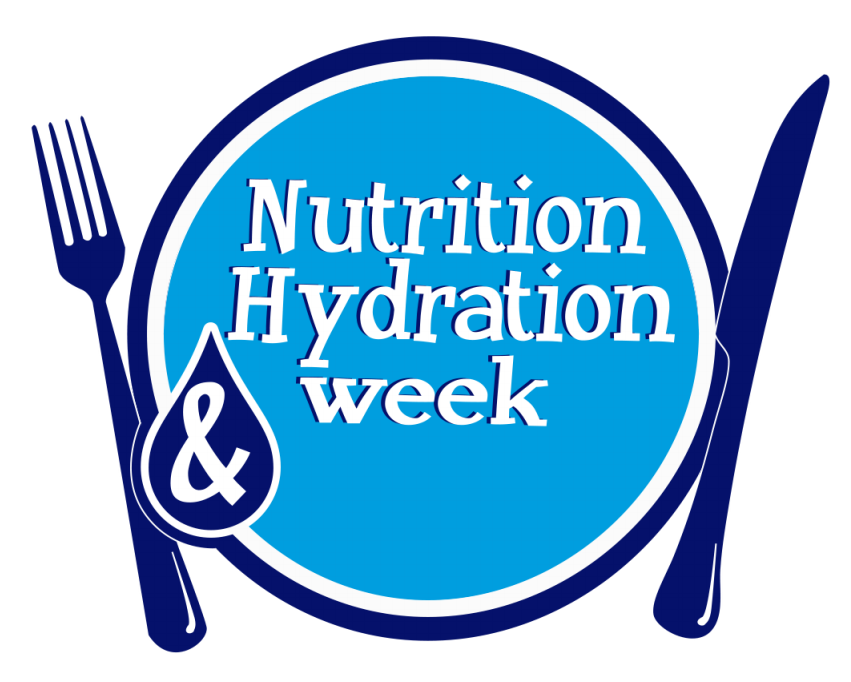It's the final day of our Nutrition and Hydration Week Twitter takeover. Thank you to everyone who has been involved in celebrating the importance of nutrition and hydration for all our patients. 

For our final takeover morning, we'll be introducing our Paediatric Dietitian’s.
#WhatDietitiansDo
#WhatDietitiansDo
🍏🍌🥕What counts as 5-a-day? For kids the amount they should eat depends on their size & age. As a rough guide, 1 portion is the amount they can fit in the palm of their hand. Check out these top tips for getting 5-a-day, everyday! bit.ly/2nr6Yjz @StGDietitians #NHweek
Breastfeeding meets your baby’s full nutritional and fluid requirements until 6 months old. From 6 months, babies need additional nutrition through complementary foods, but breastmilk continues to be the main source of nutrients until 12 months old bit.ly/2VtVL10 #NHweek
A baby’s iron needs double after the age of 6 months. Be sure to introduce iron rich foods by 7 months, such as red meat, fortified cereals, beans, lentils and dark green leafy veg bit.ly/2thQy07 @StGDietitians #NHweek #paediatricdietitians
Ever wondered what a paediatric dietitian does? Nicole Dos Santos, Principal Paediatric Dietetian, spoke to us about her role and why nutrition can make all the difference 👇@StGDietitians #NHweek #paediatricdietitians
Limiting screen time to 2hrs per day allows children & teenagers to be more physically active; at least 60min of moderate activity every day is recommended for healthy lifestyles and maintaining a healthy weight! More info here: bit.ly/2GU0LbQ @StGDietitians #NHweek
Calcium is needed for strong bones and teeth - 1-10 year olds need 350-550mg calcium per day and teens need double this.
Follow this link for sources and how much to eat: bda.uk.com/foodfacts/Calc… @StGDietitians #NHweek
Follow this link for sources and how much to eat: bda.uk.com/foodfacts/Calc… @StGDietitians #NHweek
• • •
Missing some Tweet in this thread? You can try to
force a refresh









